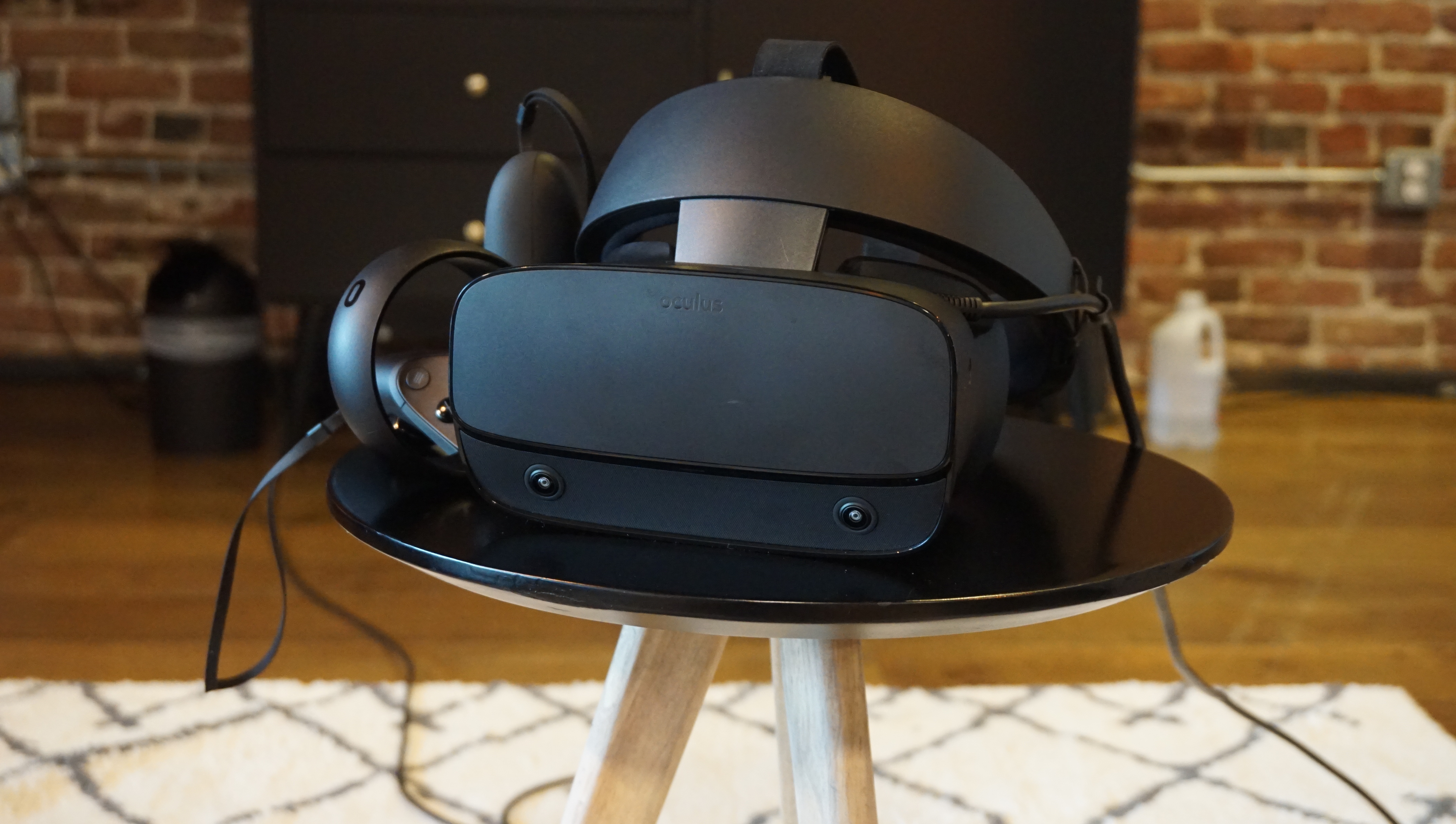
If you buy a new Oculus Quest or Oculus Rift S VR headset later this year, be prepared to use your Facebook login information to set it up.
Starting in October, Oculus says new users will have to use their Facebook accounts when setting up a new headset and ditch Oculus accounts entirely by 2023.
Those who don't comply will still be able to use the headset without signing into Facebook, however it expects that “some games and apps may no longer work” and warns that “full functionality will require a Facebook account”.
It's all described in a Oculus blog post that went live on Tuesday.
Here’s why Oculus accounts are going away
So why the big change? Well, according to Oculus, it’s not exactly that big of a change: “The majority of our users are already logging into Oculus with a Facebook account to use features like chats, parties, and events, or to tune into live experiences in Oculus Venues.”
Moreover, Oculus claims, there are big benefits by tying a Facebook account to your Oculus Rift or Oculus Quest: “[A unified account] will also allow us to introduce more Facebook powered multiplayer and social experiences coming soon in VR, like Horizon, where you can explore, play, and create worlds.”
The good news is that just because the two accounts are merged, it doesn’t mean that your friends will automatically be able to track you down in VR.
Get daily insight, inspiration and deals in your inbox
Sign up for breaking news, reviews, opinion, top tech deals, and more.
“You can still create or maintain a unique VR profile. And if you don’t want your Oculus friends to find you by your Facebook name, they won’t—just make it visible to ‘Only Me’ in your Oculus settings. You can also choose what information about your VR activity you post to your Facebook profile or timeline, either by giving permission to post or by updating your settings.”
- Here's everything we want to see in the rumored Oculus Quest 2
Nick Pino is Managing Editor, TV and AV for TechRadar's sister site, Tom's Guide. Previously, he was the Senior Editor of Home Entertainment at TechRadar, covering TVs, headphones, speakers, video games, VR and streaming devices. He's also written for GamesRadar+, Official Xbox Magazine, PC Gamer and other outlets over the last decade, and he has a degree in computer science he's not using if anyone wants it.
